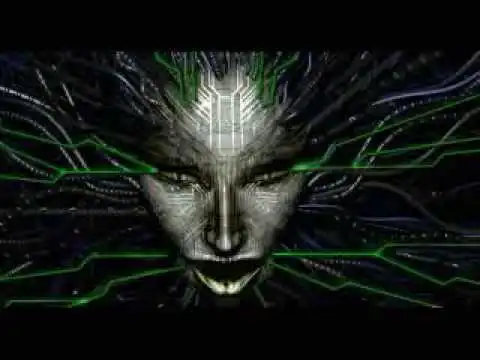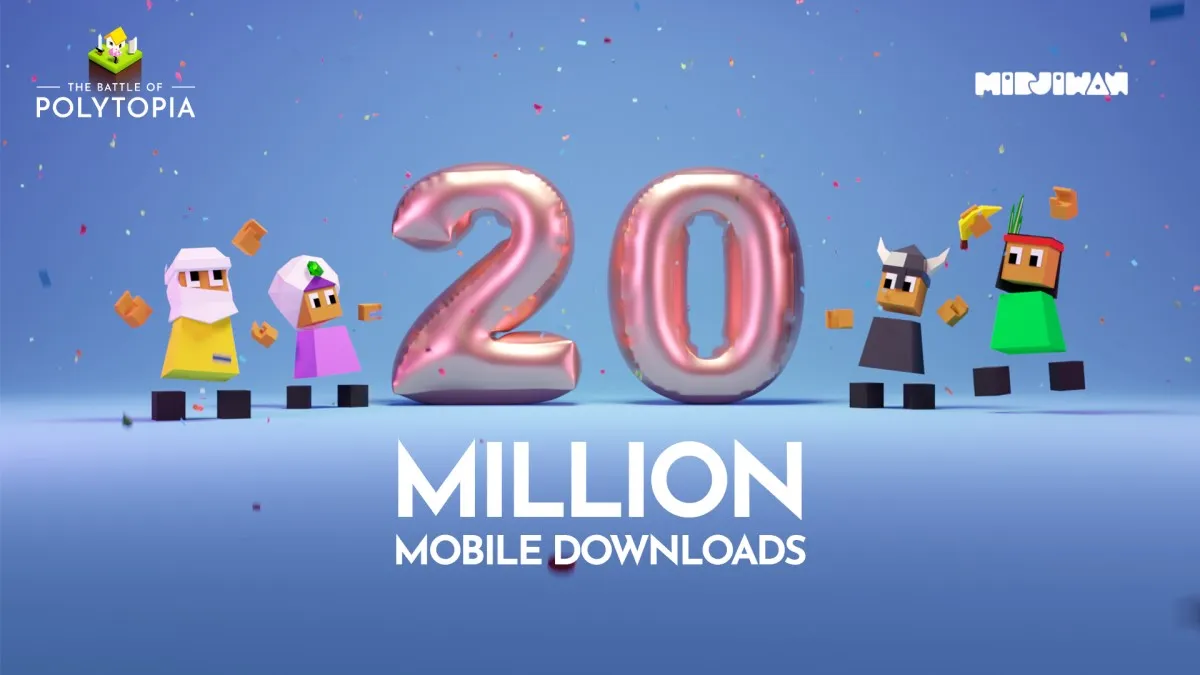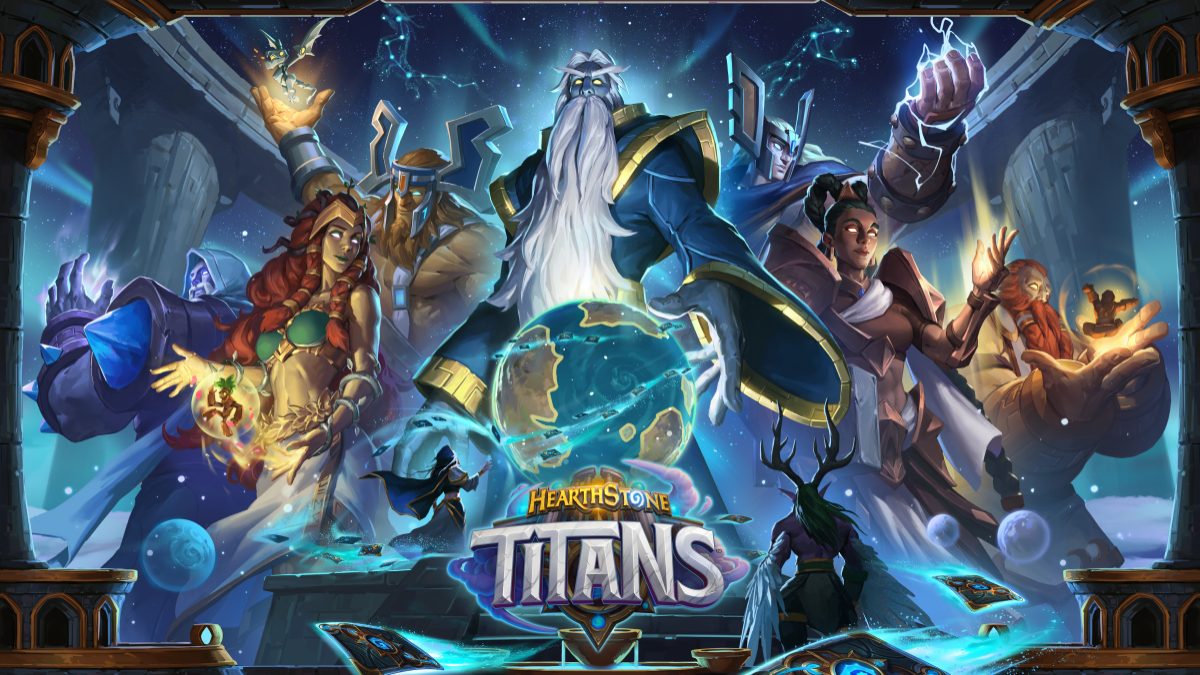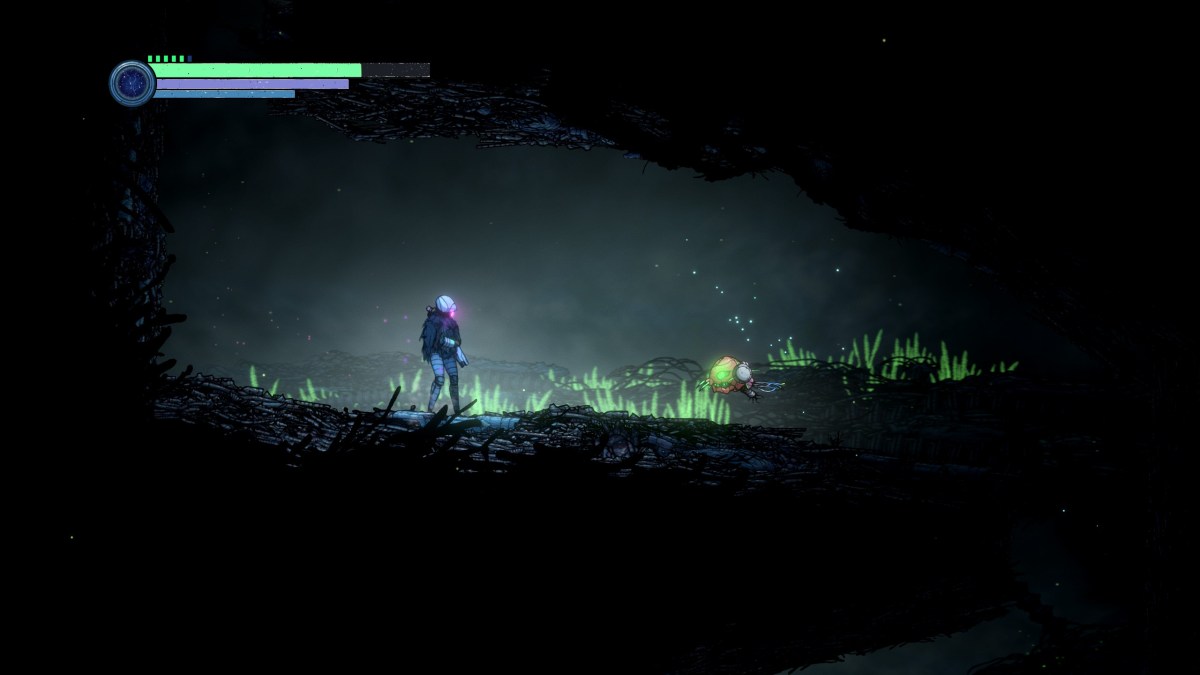Tim: Speaking of the Shock legacy for a moment, was the game always planned to be System Shock 2?
Jon: Did we always have System Shock in mind when we designed the game?
Tim: Yeah.
Jon: No, we didn’t. Looking Glass had got a deal with EA, by my understanding, to do three games. One of them was just described as being a “science fiction shooter” … I never saw that contract. Nevertheless, that was what we were told by Looking Glass.
I’ve got this picture in my head of the first piece of concept art for this game that we pitched them and I don’t know whether we’d attached the System Shock name to it yet. It was, you know that genre of science fiction where you take historical naval depictions and marry them up to spaceships? So we’d have a picture of a guy standing on a bridge of a spaceship with a giant steering wheel that they have on Men O’War sailing ships, wearing a gold-braided coat with a naval cap. [Laughs]
So we had a lot of bizarre ideas that didn’t, luckily, really go anywhere. As soon as we went “oh, why don’t we make this System Shock game?” we very rapidly moved away from all of that stuff.
But there was another name for it floating around early on, and that was Junction Point. That was a game Looking Glass had been working on during the brief time they had an Austin Office, that was being run by …
Dorian: Was it Warren?
Jon: Yeah, Warren Spector. He’d been working on this idea for Looking Glass called Junction Point, which unfortunately never went anywhere. System Shock 2 almost became that game, but it ended up, luckily I think, becoming a sequel to the original System Shock.
Tim: That’s actually interesting for another reason. The game was called Junction Point, you said? That turned out to be the name of Warren Spector’s studio when he made Epic Mickey.
Jon: The Junction Point game is something that he developed. It certainly got prototyped, I think, but I’m not sure that it got beyond that stage. I think the Junction Point was some sort of trans-dimensional nexus where you could travel to different worlds. My memory’s a little vague.
Peter: Well, it was some years ago.
Jon: It sure was.
Peter: Did any of that make it into System Shock 2? Or were there things you wanted to put in that then got cut?
Jon: I think we were actually pretty successful in cramming in an enormous amount of stuff into that game. There’s probably a little bit too much in it. The biggest thing that didn’t make it in initially was the multiplayer, which was just one of the long sequence of Irrational games that either was supposed to have multiplayer and never got it, or ended up with multiplayer that was kind of half-arsed and not that great.
Dorian: That was a tradition we started at Looking Glass!
Jon: Yep, absolutely. Terra Nova is the infamous example.
Dorian: With the sticker on the box that said “multiplayer coming,” or something. Someone decided to put that on the box before they even told the development team. [Laughter]
Peter: Oh wow. You must love that as developers. “Surprise!”
Jon: Yay!
Dorian: Yeah, well, the joke was on them because we never actually did it. [Laughter]
Jon: You peel the sticker off and underneath it says “Surprise! Not really.”
No, I mean the System Shock multiplayer I think turned out quite well. It was basically one guy who did it all, but it was very much a last minute appendage that probably shouldn’t even have been done at all. But when making these very complicated single player experiences publishers are very keen to cram multiplayer in there, you know, for good reasons.
Dorian: Jon, am I recollecting correctly that one thing that got cut was the ending? I seem to recall that we had designed some better, more involved ending and just ran out of time and art and animation resources to do it. So we shoe-horned in some very truncated, minimalist, unsatisfying ending instead.
Jon: I would like to believe that. I don’t remember. Do you remember any details about what that was?
Dorian: No. It was too long ago. [Laughs]
Jon: I don’t mind the ending. Apart from the final cutscene.
Peter: I was going to bring up the final cutscene.
Jon: Not the high point of our work.
Peter: It’s quite … odd. [Laughter] There’s a huge tonal about face where it becomes a sort of 80s action movie. “Hey, peace out SHODAN, seeya!”
Dorian: I think that cutscene took the place of something that was more interesting, that we’d even done some work towards. We were very pressed for time at the end. System Shock 2 was crammed into an incredibly small window of development time. And we ran out of time, so we were left with our minimalist ending.
Peter: But it picks up after that bit, because then you’re in the escape pod and it does the sequel set-up, suggesting that SHODAN is riding along with you.
Jon: Yeah that bit’s alright. I think the ending … we’re not really great at endings. Actually I think [BioShock] Infinite, which I can’t take any credit for …
Dorian: They finally got the ending right, yes. [Laughter]
Jon: Endings are hard. There’s a huge temptation to make endings hard. You know, the final boss fight, which I think can be a really bad idea. Once someone’s got to the end of your game, why do you want to stomp them right there when they’re just about to wrap everything up?
Tim: I suppose that comes down to shifting games towards the narrative side as much as anything. In terms of final bosses now being a little bit easier so people can finish it. Before games shifted towards narrative they would usually get much, MUCH harder towards the end.
Jon: Right. To extend its life and have you come back and pump more quarters into it.
Tim: Exactly.
Jon: It doesn’t really make a lot of sense for a game you’ve already paid for. Yeah, if I have a problem with Dark Souls it’s that I don’t really like boss fights. The part I like about Dark Souls is the basic combat. I like the middle bits of the levels and I don’t really like the ends. I’d much rather the middle bits were really hard, and the end was just kind of easy, like a payoff for getting through.
It’s the same with System Shock 2. I like the meat and potatoes of it. The final SHODAN boss battle is kind of really boring. Luckily it’s not too hard, but it’s pretty dull I think. And the final cutscene is pretty bad. But the middle part is really interesting.
Peter: I think Tim, you were wondering about having SHODAN on the box art?
Tim: Yeah, SHODAN’s reveal in the game was kind of a surprise, but sort of ruined by the fact that SHODAN’s face is …
Jon: On the cover!
Tim: Is that something that came as a surprise to you guys?
Jon: Wow, that’s taking me back. It was EA’s job to do a cover for the game and they sent us a bunch of five or six cover concepts and they were some of the worst cover concepts I’ve ever … Well, actually I’ll say they were THE worst concepts I’ve ever seen. They were unbelievably bad. I remember one of them, for some reason, had a picture of a piece of rope on it, like a hangman’s noose or something. It had nothing to do with the game.
So we actually decided that we were going to do the box cover ourselves, which wasn’t our job. I have a feeling we put SHODAN and the ship on the cover because they were the coolest pieces of art we had. We spent quite a bit of money making that SHODAN head. That was the mode we were in at that time, “god damnit we spent a few thousand dollars on this, we’re going to get value out of it.” [Laughter]







Published: Aug 22, 2013 10:21 pm